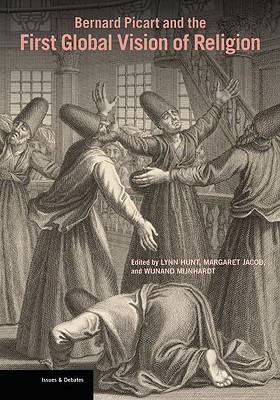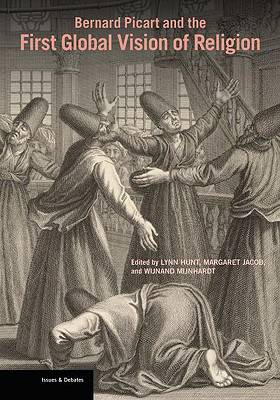
- Retrait gratuit dans votre magasin Club
- 7.000.000 titres dans notre catalogue
- Payer en toute sécurité
- Toujours un magasin près de chez vous
- Retrait gratuit dans votre magasin Club
- 7.000.000 titres dans notre catalogue
- Payer en toute sécurité
- Toujours un magasin près de chez vous
Description
In an era of intense religious conflict in Europe and ongoing exploration of the lands beyond Europe, Cérémonies et coutumes religieuses de tous les peuples du monde (1723-37) set a new agenda for thinking about faith and provided a lasting visual template for representing the world's religions. In the work's seven massive volumes, Jean Frederic Bernard and the renowned engraver Bernard Picart invited readers to view religions and their institutions as cultural practices.
Bernard Picart and The First Global Vision of Religion approaches this much-cited but little-studied work from a variety of angles. Its fifteen scholarly essays examine Bernard and Picart's authorial and artistic strategies, the handling of religious difference in Cérémonies et coutumes religieuses, and the cultural context that fostered the creation of one of the most influential works of comparative religion ever published.
Spécifications
Parties prenantes
- Auteur(s) :
- Editeur:
Contenu
- Nombre de pages :
- 370
- Langue:
- Anglais
- Collection :
Caractéristiques
- EAN:
- 9780892369683
- Date de parution :
- 01-02-10
- Format:
- Livre broché
- Format numérique:
- Trade paperback (VS)
- Dimensions :
- 175 mm x 251 mm
- Poids :
- 1111 g







